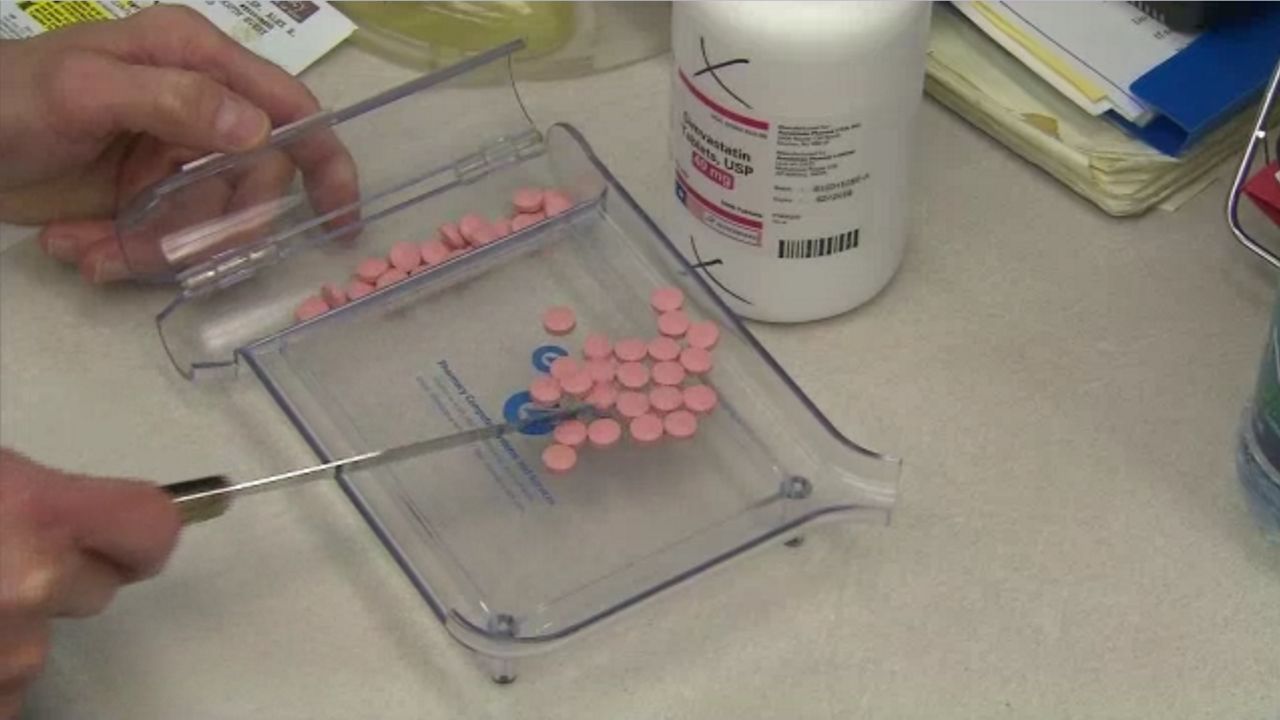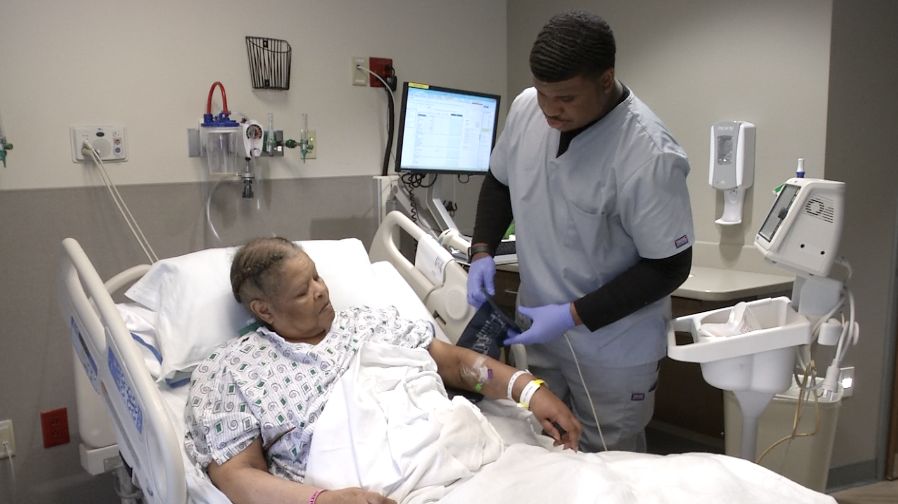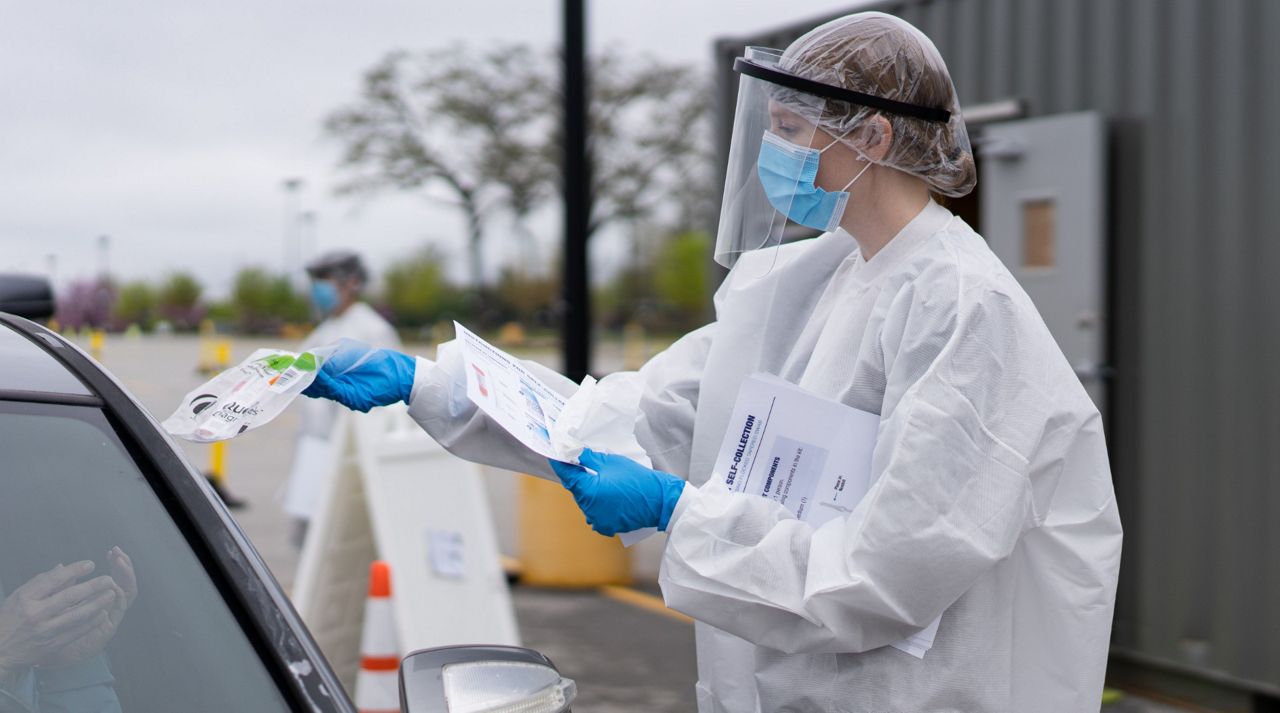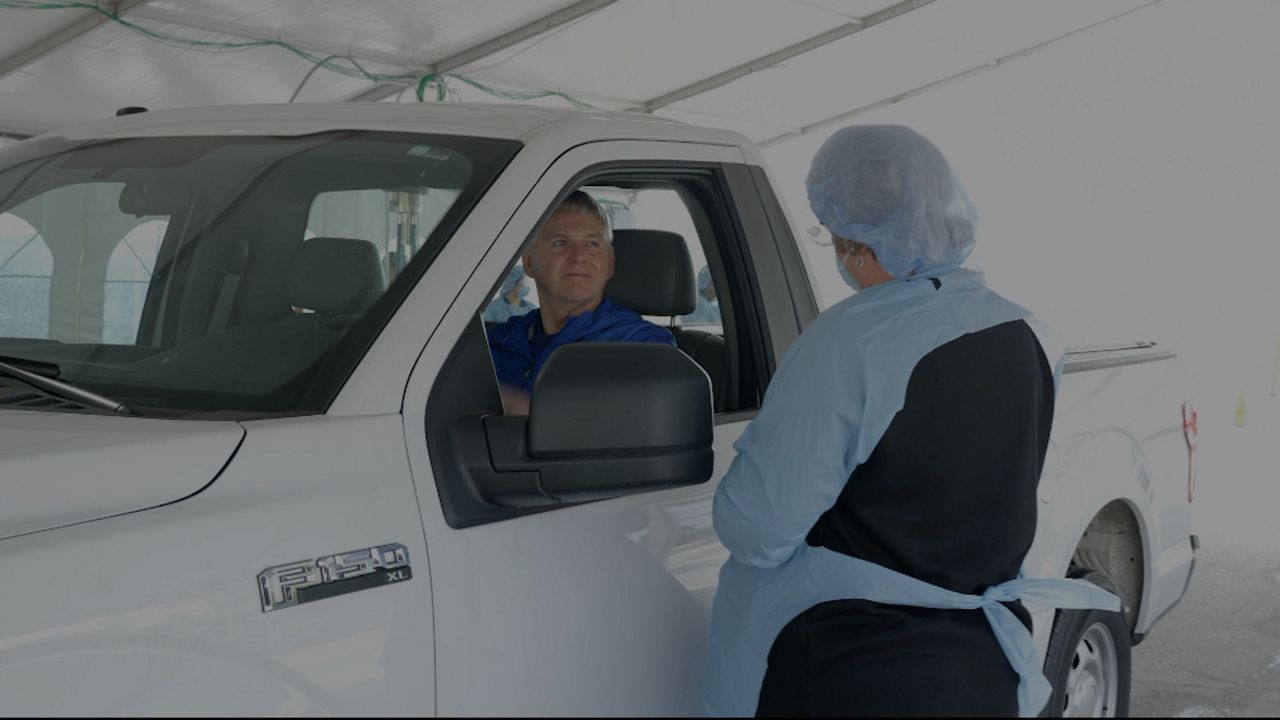LOUISVILLE, Ky. — Norton Healthcare has begun additional clinical trials seeking potential coronavirus treatments, making it the first in the world to enroll patients in three trials. This comes after Norton was also first to participate in a randomized Phase 2 clinical study in April using low-dose selinexor, a cancer drug, for treating coronavirus.
Many of the medications Norton is using have been previously used to treat cancer, but other therapies and drugs are emerging as potential treatments.
“I am incredibly proud of our clinicians and researchers for leading the way in our community to combat this pandemic,” said Steven Hester, M.D., Ph.D., division president, provider operations and chief medical officer of Norton Healthcare.
Back in May, Norton researchers were the first in the world to begin a study looking at the safety and effectiveness of APL-9 in adults with mild to moderate acute respiratory distress syndrome (ARDS) caused by coronavirus who are hospitalized and need extra oxygen therapy with or without a ventilator.
Experts believe coronavirus activates the complement system, part of the immune system that responds to infection or tissue damage, and increases lung inflammation. APL-9 is meant to stop the activation of part of the complement pathway, reducing lung inflammation.
The Norton Cancer Institute was also first in the world to enroll a patient in a trial of acalabrutinib, a drug used to block a protein which contributes to cancer cell growth and survival. When that protein is blocked, researchers look to see if a person's immune response is enhacned and inflmmation is blocked.
Norton will also begin a trial on TL-895, a compound which targets the same protein.
Finally, the Norton Heart and Vascular Institute has begun a study on treating cardiovascular injuries resulting from coronavirus. In collaboration with Octapharma and BioMatrix SpRx, they are looking at the effect of intravenous and subcutaneous (under the skin) antibodies.
“While acute lung injury and pulmonary edema are feared COVID-19 complications, many patients present with elevated cardiac biomarkers and evidence of left ventricular dysfunction,” said Dr. Kelly McCants, medical director of the Norton Heart & Vascular Institute Advanced Heart Failure and Myocardial Recovery Program.
Additional studies are either underway or will begin soon.








